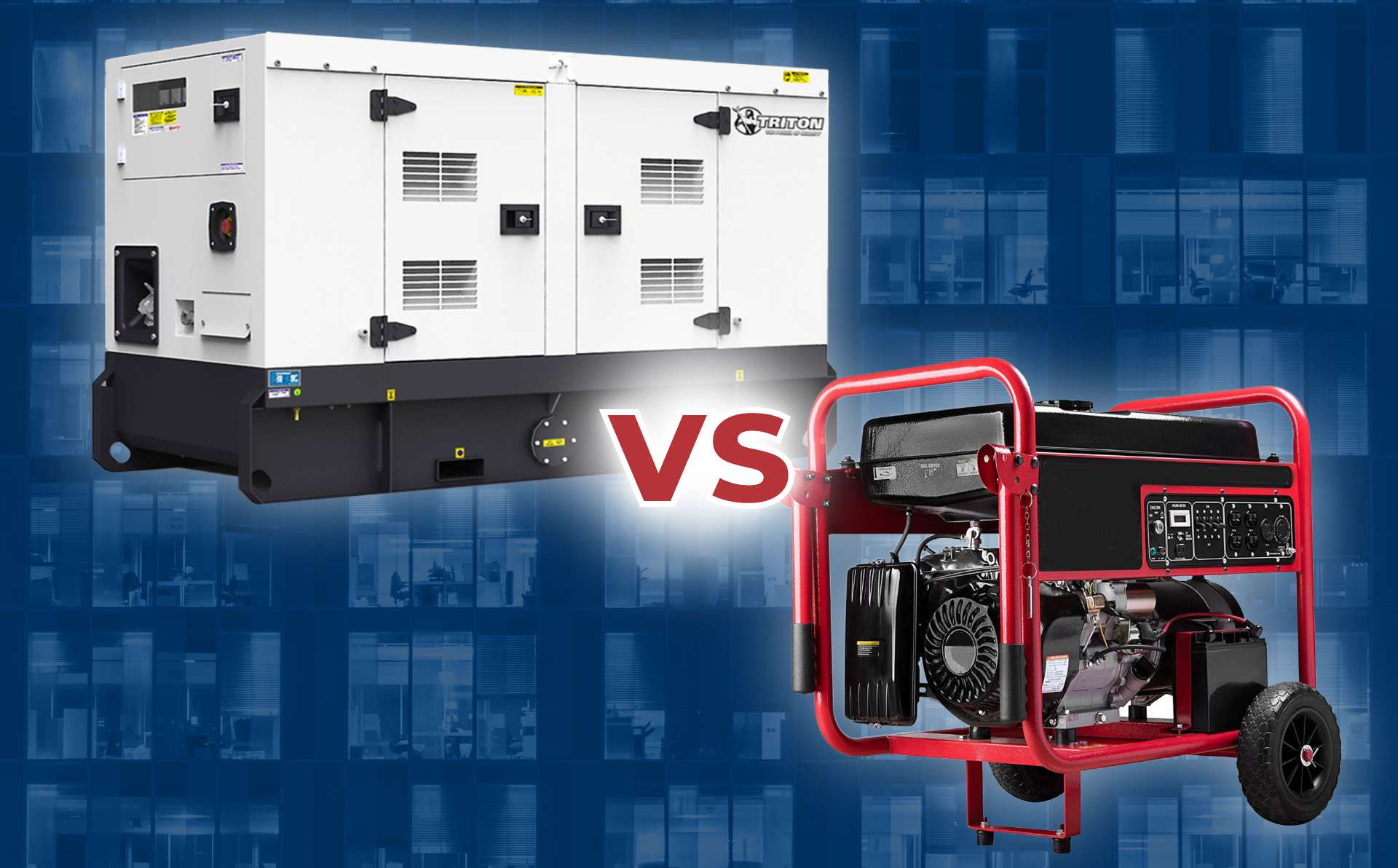Powering Through: Choosing the Right Generator for Your Needs When the lights go out, or your remote job site lacks grid access, a generator can be a lifesaver. However, with a vast array of generator types available, selecting the correct one can feel overwhelming. Understanding your power requirements and the specific application is crucial for making an informed decision. From portable units for camping to standby generators for whole-house backup, each type offers unique advantages and disadvantages. The first step in selecting a generator is determining your power needs. This involves calculating the total wattage of the appliances and equipment you intend to run simultaneously. Make a comprehensive list, including the starting wattage (the surge of power required when an appliance first starts) and running wattage (the continuous power required during operation). Ensure the generator’s output capacity exceeds your total wattage requirement to avoid overloading. Online wattage calculators and appliance wattage charts can be valuable resources for this calculation. Consider the application and portability requirements. For recreational activities like camping or tailgating, a portable inverter generator is often ideal. These generators are lightweight, quiet, and fuel-efficient, providing clean power suitable for sensitive electronics. For construction sites or outdoor events, a more robust portable generator with higher wattage output may be necessary. These generators typically use conventional engines and offer greater power capacity but may be louder and less fuel-efficient. For whole-house backup power, a standby generator is the most reliable option. These generators are permanently installed and automatically activate during a power outage, providing seamless power transition. They are typically powered by natural gas or propane, offering extended run times. Standby generators require professional installation and are more expensive than portable units, but they provide peace of mind and protect your home from extended outages. Fuel type is another critical consideration. Gasoline generators are readily available and affordable, but they require frequent refueling and can be noisy. Diesel generators offer greater fuel efficiency and longer run times, making them suitable for heavy-duty applications. Natural gas and propane generators provide clean-burning and readily available fuel sources, ideal for standby applications. Consider fuel availability, cost, and storage requirements when making your decision. Finally, consider the features and specifications of the generator. Look for features like electric start, automatic voltage regulation (AVR), and low-oil shutdown. Noise levels, run time, and warranty coverage are also important factors to consider. Research reputable brands and read customer reviews to ensure you are selecting a reliable and high-quality generator. By carefully evaluating your power needs, application requirements, fuel type, and features, you can choose the right generator to keep your lights on and your equipment running when you need it most.
How to Select the Correct Type of Generator
Choosing the right generator involves assessing power needs, considering application and portability, selecting the appropriate fuel type, and evaluating features and specifications to ensure reliable power backup.

